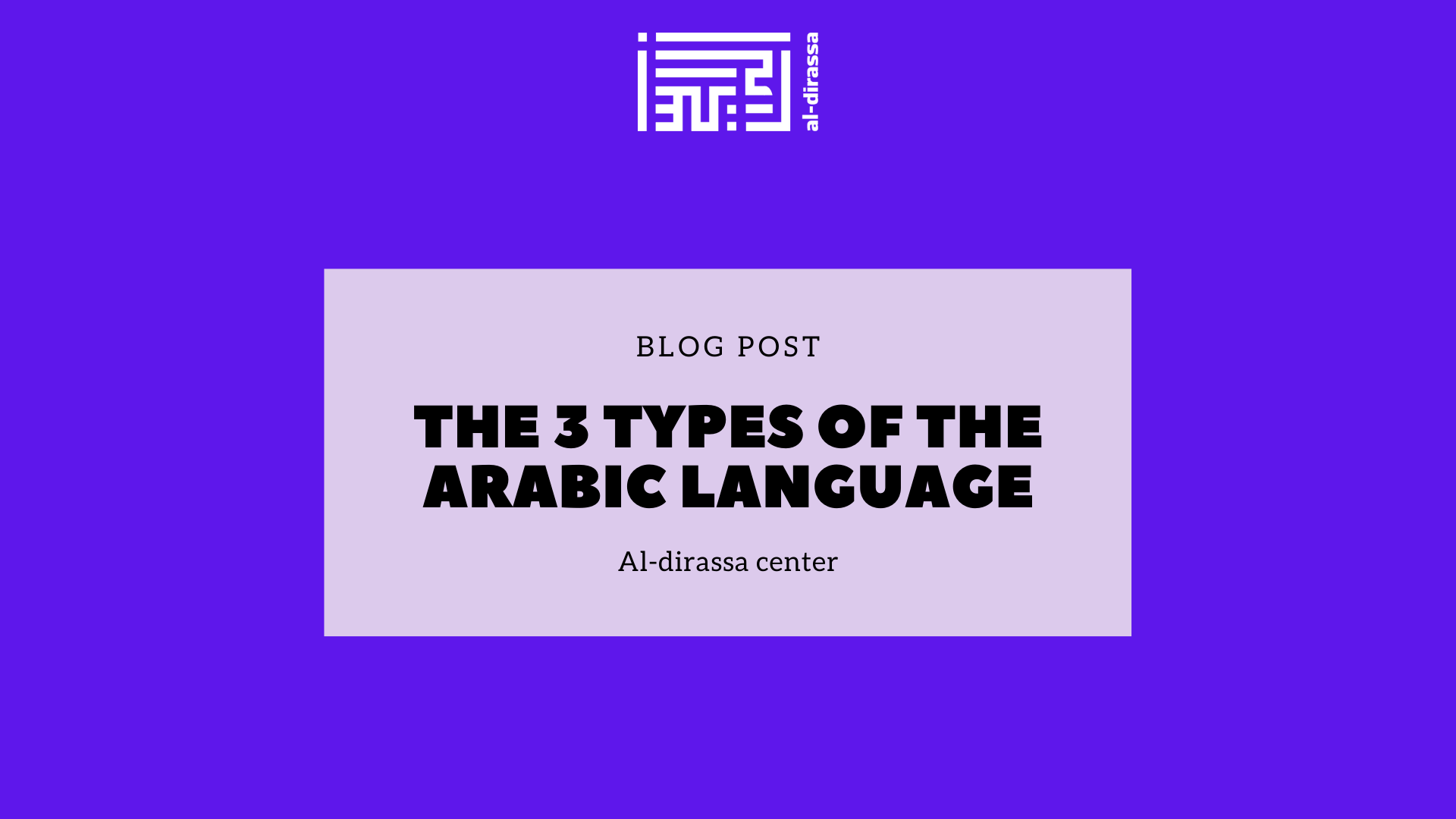
The Arabic language, with its intricate structures and profound meanings, has charmed linguists and language enthusiasts for centuries. However, as you embark on your journey to understand this ancient language, it’s imperative to recognize its multifaceted nature. Arabic isn’t just one language but a conglomerate of dialects and forms that have evolved over time. The three primary types — Quranic Arabic, Local Dialects, and Modern Standard Arabic — are essential for any aspiring Arabic learner to grasp.
The Arabic of the Quran, Islam’s sacred scripture, is known as Quranic Arabic. A time capsule, this form of Arabic remains unchanged since its revelation approximately 1500 years ago. Every verse, every word, and every letter in the Quran has been preserved in its original form, making Quranic Arabic the bedrock of the language.
The complexity of Quranic Arabic stems from its vast vocabulary and unique grammatical structures, which have layers of meaning. Many scholars have dedicated their lives to interpreting and understanding the nuances of the text. As a result, Quranic Arabic is highly revered and is considered the gold standard of the Arabic language.
In the Muslim world, regardless of one’s native tongue, Quranic Arabic is recited in daily prayers and used in religious ceremonies. Its untouched nature means that a Muslim from Indonesia can recite the Quran exactly as a Muslim from Morocco, highlighting the universal appeal and unity of the language.
Centres around the world offer courses specifically designed to teach Quranic Arabic. The emphasis in such courses is not only on understanding the language but also on perfecting the pronunciation. With tools like “Tajweed” (the art of Quranic recitation), learners can master the sounds and rhythms unique to Quranic Arabic.
While the Quranic Arabic stands as a singular pillar, the local dialects of Arabic are like branches, each having its own distinct shade. These dialects evolved from historical, social, and cultural interactions in different regions.
The North African dialects, known as the Maghrebi Arabic, have influences of Berber, French, and Spanish languages, reflective of the region’s rich history. Countries like Morocco, Algeria, Tunisia, and Libya each have their dialectal quirks.
Meanwhile, the Egyptian dialect, primarily spoken in Egypt but also understood in parts of Syria, Palestine, and Jordan, is influenced by the Nile’s ancient civilizations. Given Egypt’s cinematic and entertainment dominance in the Arab world, many non-Egyptians are familiar with this dialect.
The Arabian Gulf region, with countries like Saudi Arabia, Kuwait, Iraq, Qatar, and the UAE, presents the Khaleeji dialects. Here, Bedouin traditions intertwine with modern influences, resulting in a rich linguistic experience.
Despite the variations in pronunciation, vocabulary, and sometimes even grammar, the beauty of these dialects lies in their mutual intelligibility. A Moroccan might find it challenging to understand a Gulf dialect initially, but the foundation remains the same. Over time, as they interact more, understanding improves, testifying to the underlying unity of the Arabic language.
Modern Standard Arabic, often termed as ‘Fus’ha’, serves as a bridge between the classical Quranic Arabic and the colloquial dialects. While it retains much of the classical structure, it’s infused with contemporary vocabulary, making it relevant today.
MSA is omnipresent in the Arab world. Schools teach it, newspapers and books are written in it, and television news broadcasts use it. If you attend a formal event in any Arabic-speaking country, the chances are that the speeches will be in MSA. It’s the Arabic that binds the Arab world together, ensuring that a message delivered in one part is understood in another.
For foreign learners, starting with MSA can be a strategic choice. Not only does it provide a strong foundation, but it also ensures that they can be understood in any Arabic-speaking region. Once MSA is mastered, picking up a local dialect becomes significantly easier.
The Arabic language, in its many forms, offers a journey through time, history, and cultures. From the divine Quranic Arabic to the rhythmic beats of local dialects, and the unifying Modern Standard Arabic, each form has its charm. Embracing and understanding these can lead to a deeper appreciation of the Arab world’s rich heritage and contemporary tapestry.
The Al-Dirassa Institute provides a range of online courses in Arabic, Quran, and Islam tailored for non-Arabic speakers. To enroll in our courses or learn more, please don’t hesitate to get in touch with us today.
Discover the experiences of our delighted clients who have thoroughly enjoyed utilizing this standout feature.
Alhamdulillah I‘m very pleased with the arabic and Qur’an lessons I receive from teacher Umm Tasneem and I‘m also content with the al-dirassa administration team who were very quick in answering any questions I had. In a month I progressed a lot and I cannot wait to continue my studies with al-dirassa. May Allah reward everyone at al-dirassa.
Verified review - view original
My Qur’an teacher is fantastic, she teaches me in a loving and kind way where I look forward to the lessons and learn so much. My Arabic teacher is equally as nice and has a lot of patience with me, she has great expertise in the field and I’ve progressed really quickly with her. Thank you Al-dirassa!
Verified review - view original
Don’t want to go through the translation anymore?
30 free minutes with your qualified Egyptian teacher.

Al-dirassa Institute offers you a gift to help you begin your journey to being fluent in Arabic and learning the Quran.

Al-dirassa Institute offers you a gift to help you begin your journey to being fluent in Arabic and learning the Quran.